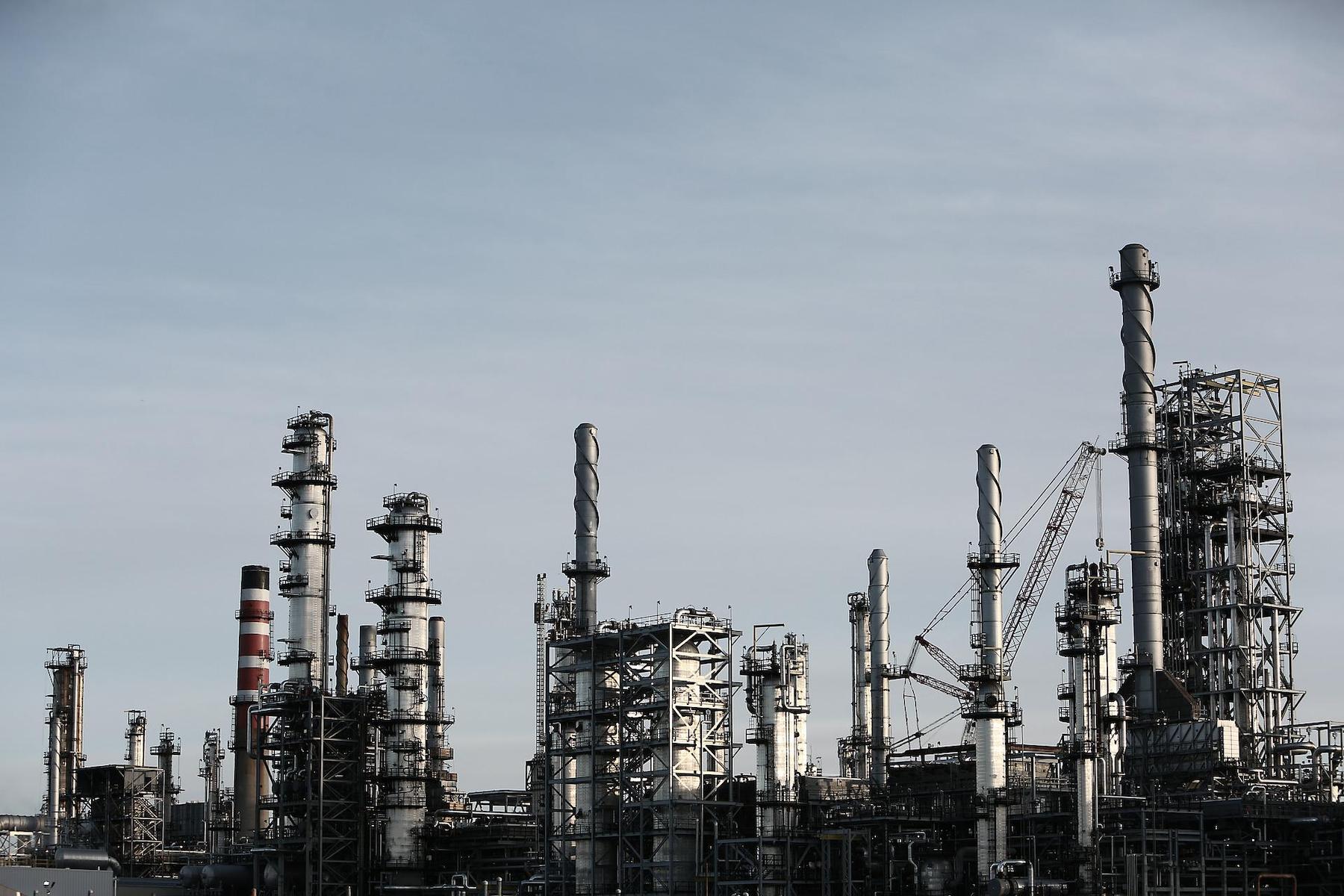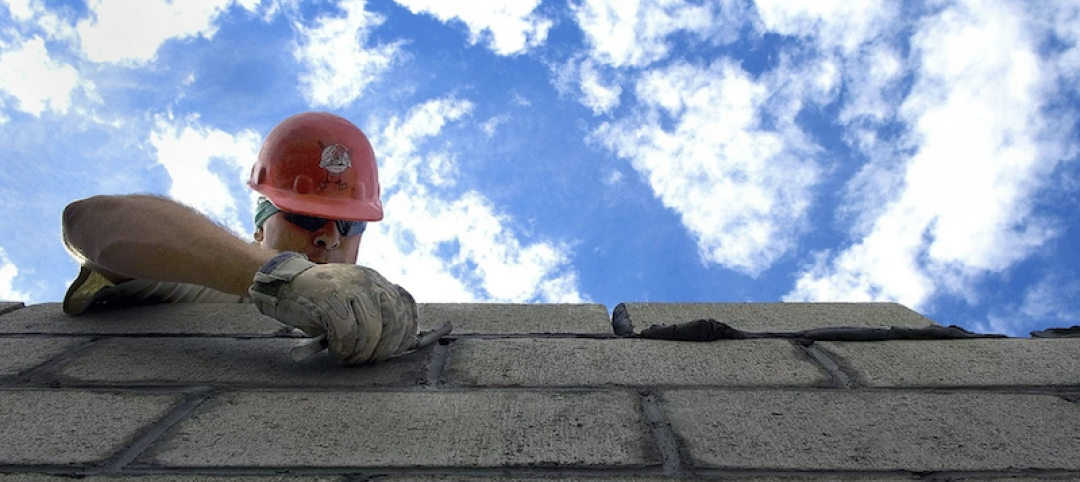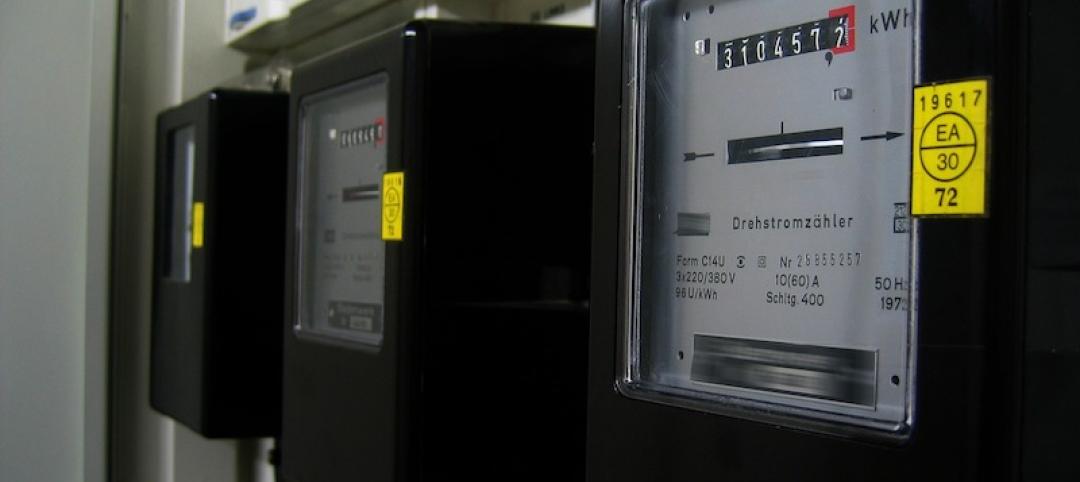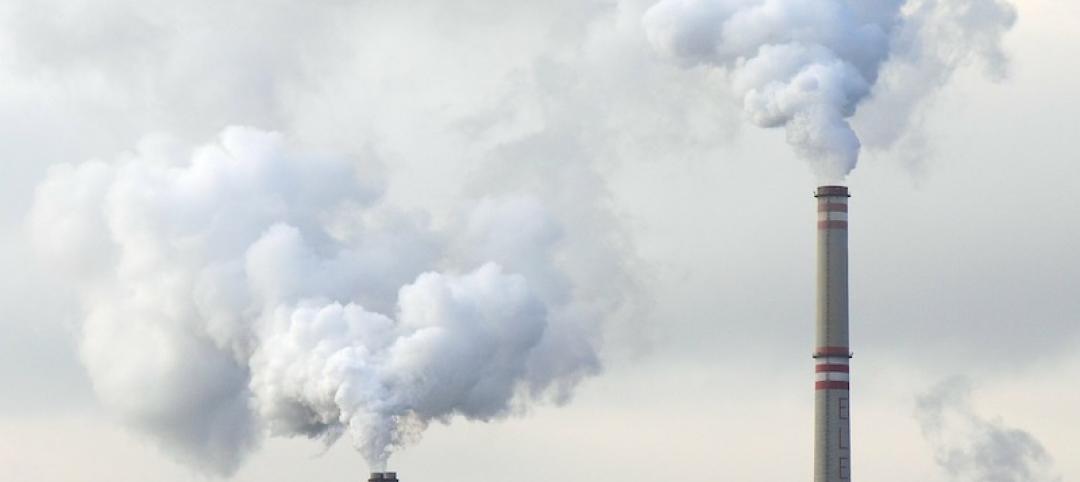The American Institute of Steel Construction has released updated environmental product declarations (EPDs) “to help designers and building owners design more environmentally friendly buildings and bridges,” according to an AISC news release.
The organization develops industry-average environmental product declarations (EPDs) for three products: fabricated hot-rolled structural sections, fabricated steel plate, and fabricated hollow structural sections (HSS)—the latter developed with the Steel Tube Institute. “These documents are designed to facilitate an accurate, apples-to-apples comparison of the structural materials on the market today,” the release says. These documents are updated every five years.
“Many people associate steel with old smokestacks and air pollution, but structural steel is now the premier green building material,” said AISC President Charles J. Carter, SE, PE, PhD. “Over the past three decades, the steel industry has reduced greenhouse gas and overall emissions by 36%. And the American structural steel industry is leading the way to a greener future with a carbon footprint nearly half the world average. By comparison, Chinese structural steel has three times the global warming potential of domestic steel.”
Many rating systems (LEED V4), standards (ASHRAE 189.1), green building codes (IgCC), and specific customers require the submission of environmental product declarations (EPDs) for products delivered to the project site. These EPD life-cycle assessments provide information on environmental impacts related to the manufacture of the product, including global warming potential, ozone depletion, acidification, eutrophication, and ozone creation.
AISC works with its mill members to develop industry average EPDs for structural steel produced in the United States. In addition to quantifying the impacts of the mill processes, the EPD work quantifies the industry average per ton environmental impacts of the fabrication process.
Related Stories
Codes and Standards | Jan 30, 2020
Dramatic demographic shifts poised to alter global workplace
By 2030, Millennials and Generation Z will dominate workforce.
Codes and Standards | Jan 29, 2020
Half of Manhattan’s new residential skyscrapers are empty
Excess comes as middle class housing shortage worsens.
Codes and Standards | Jan 28, 2020
Updated Engineered Wood Construction Guide now available
Provides guidance on building engineered wood floors, walls, and roofs.
Codes and Standards | Jan 24, 2020
Fenestration Rating Council earns ANSI certification
FenStar Certification Program ensures windows, doors, and skylights meet Energy Star specifications.
Codes and Standards | Jan 23, 2020
Rent control policies backfire on goal of boosting affordable housing
Natl. Apartment Assn. study says rent control decreases housing supply, harms condition of housing stock.
Codes and Standards | Jan 22, 2020
Potential energy savings from smart meters is largely unrealized
Most utilities underuse the technology that can help customers save money.
Codes and Standards | Jan 21, 2020
Contractors pay practices reviewed in new database
Fastest and slowest paying GCs revealed.
Codes and Standards | Jan 17, 2020
Several states with ambitious climate goals will have to restrict natural gas as a fuel
Buildings would have to heat and cook with electricity.
Codes and Standards | Jan 16, 2020
New solar-ready mandate affects commercial and residential buildings in St. Louis
All new buildings must have reserved rooftop sections for PVs.
Codes and Standards | Jan 15, 2020
Trump Administration blocks new light bulb efficiency standards
Move defies bipartisan 2007 law.

















